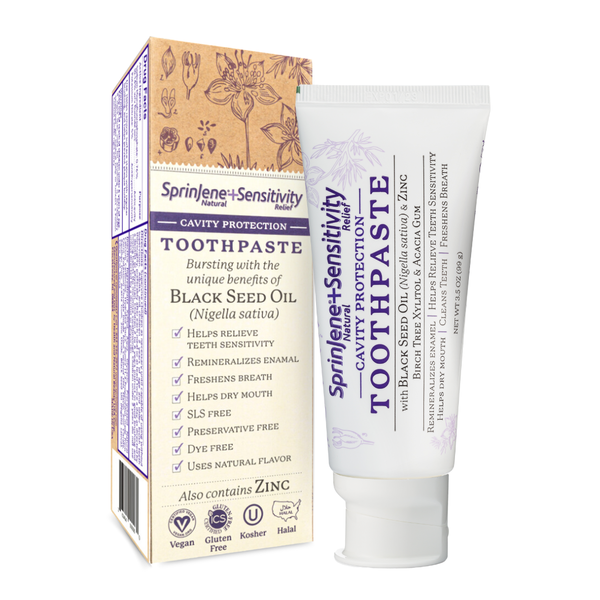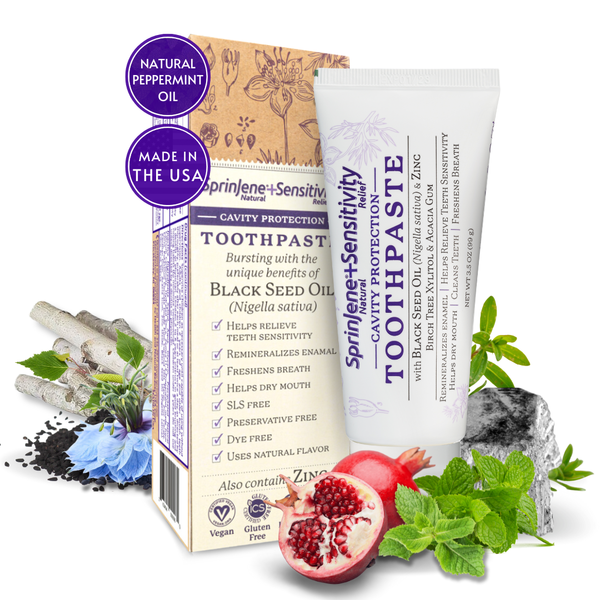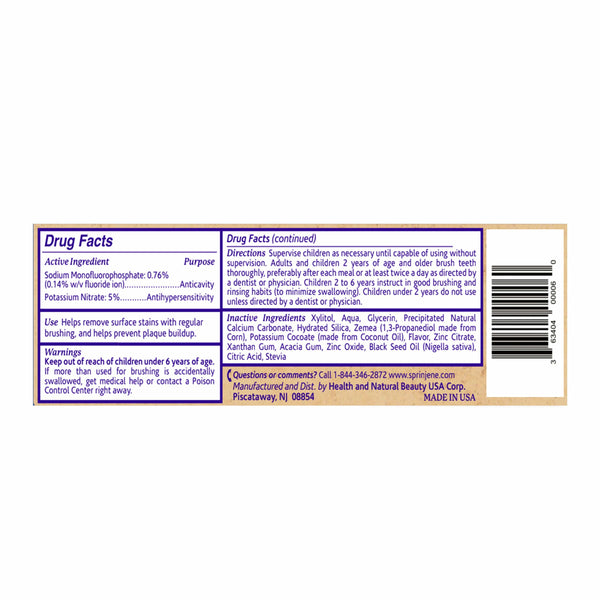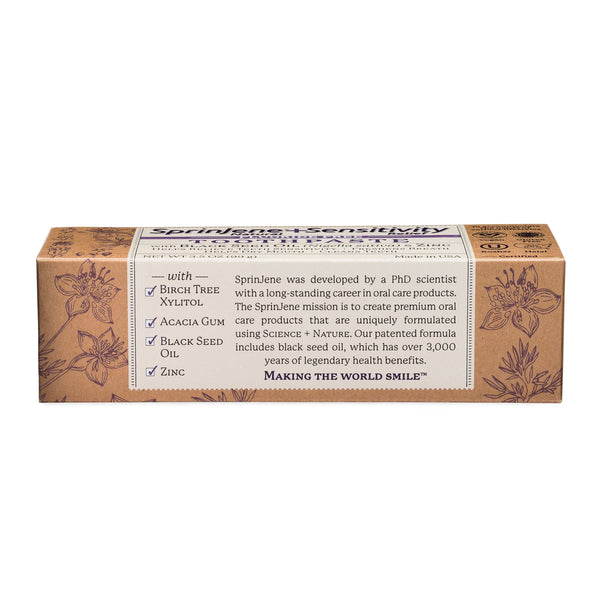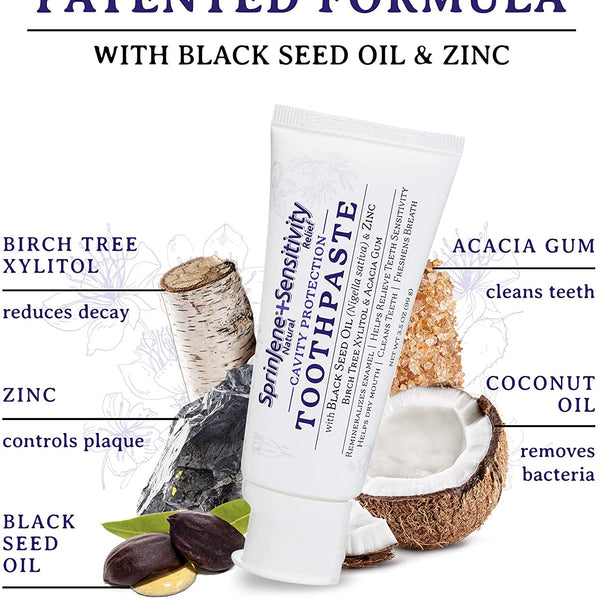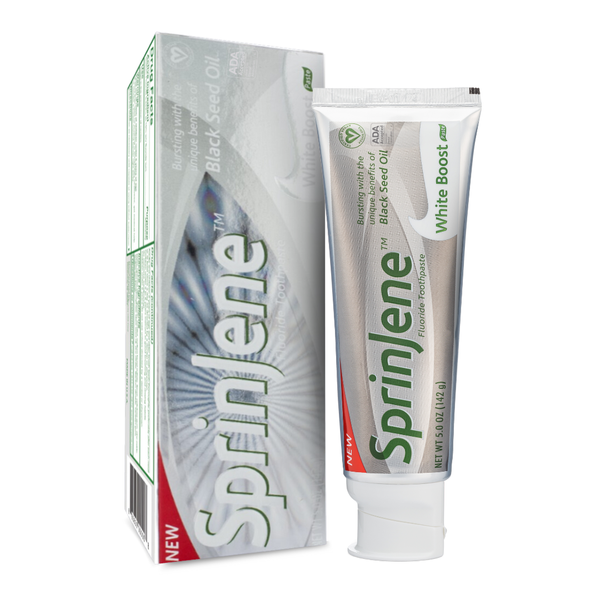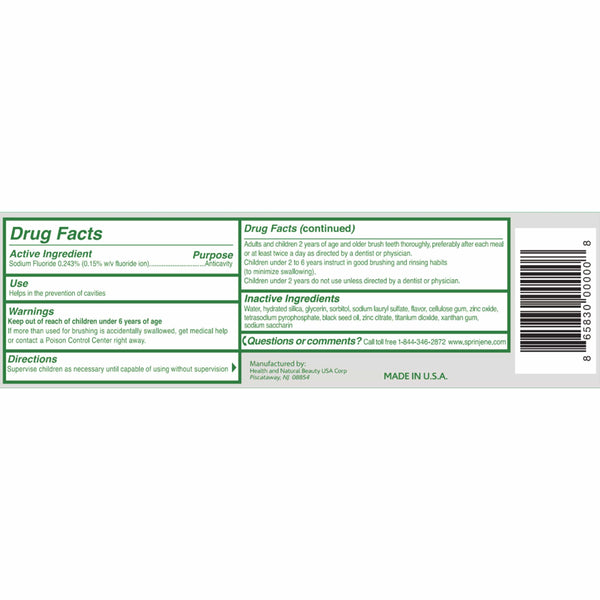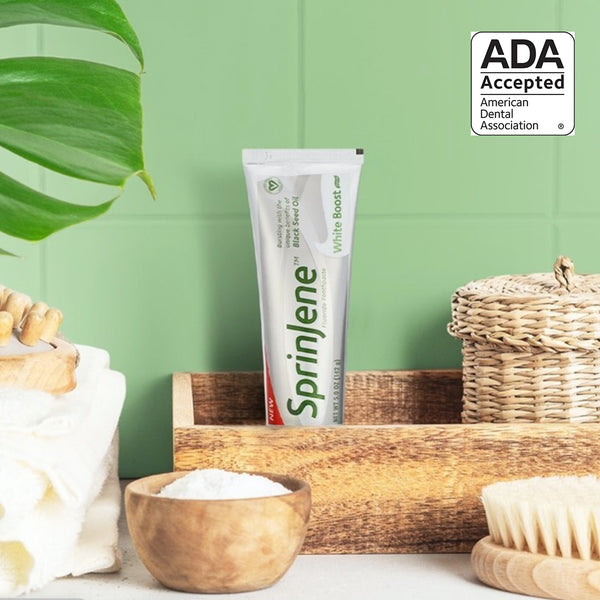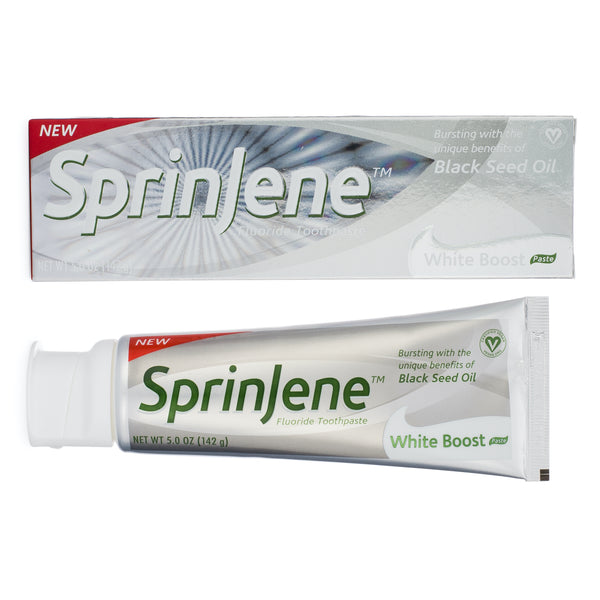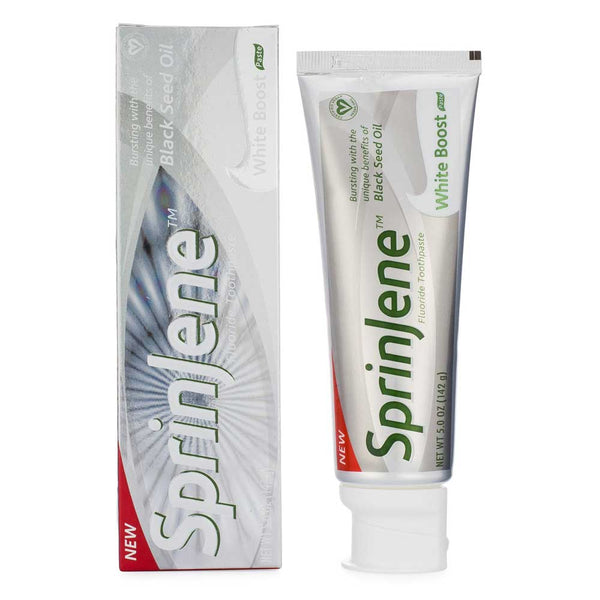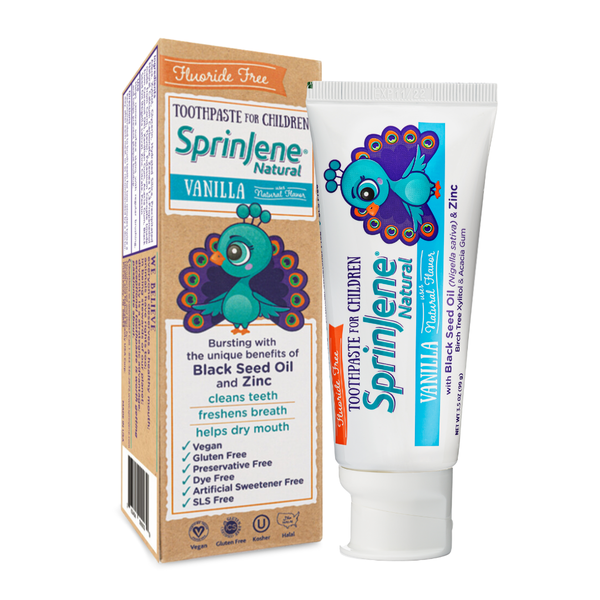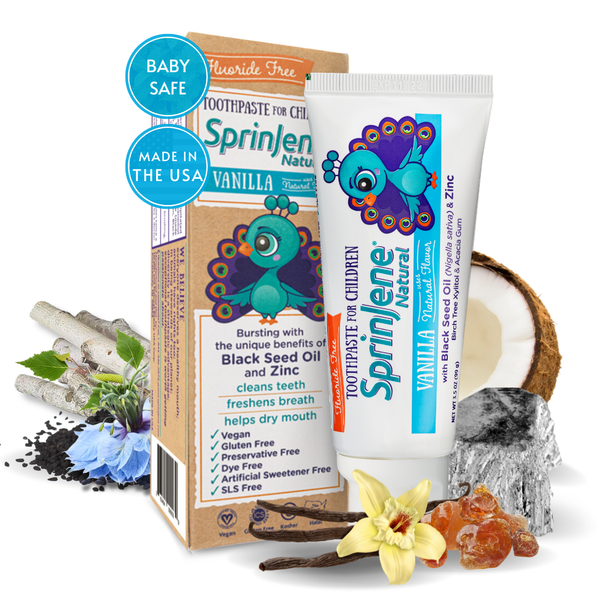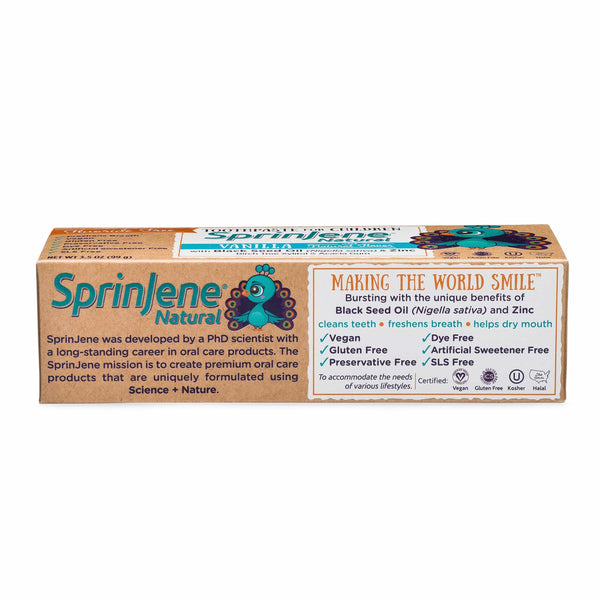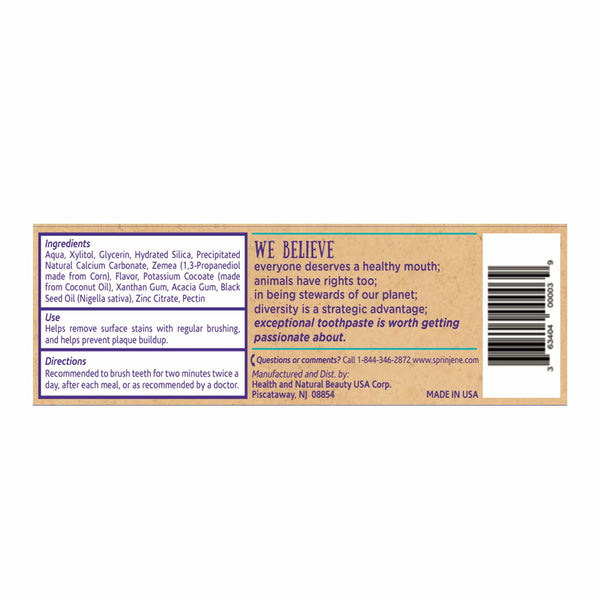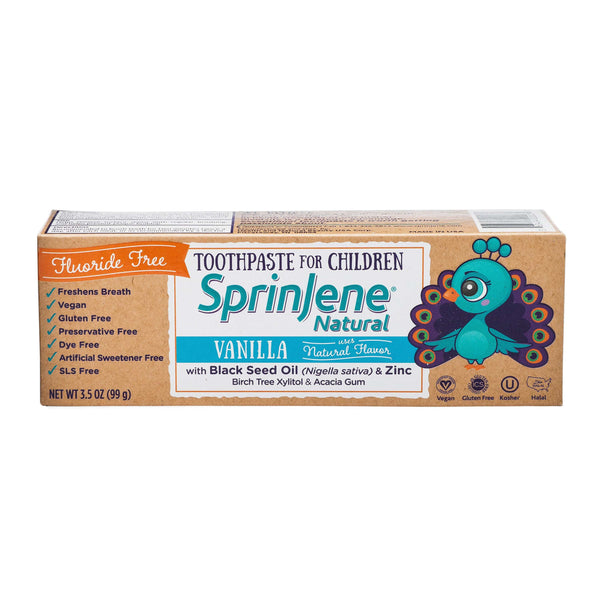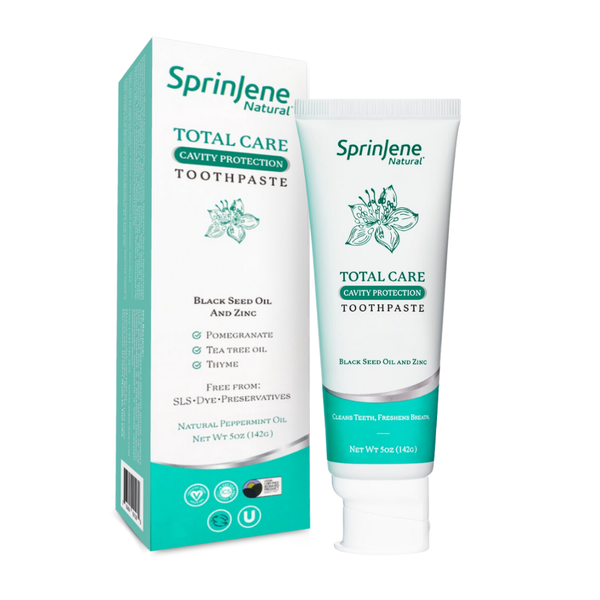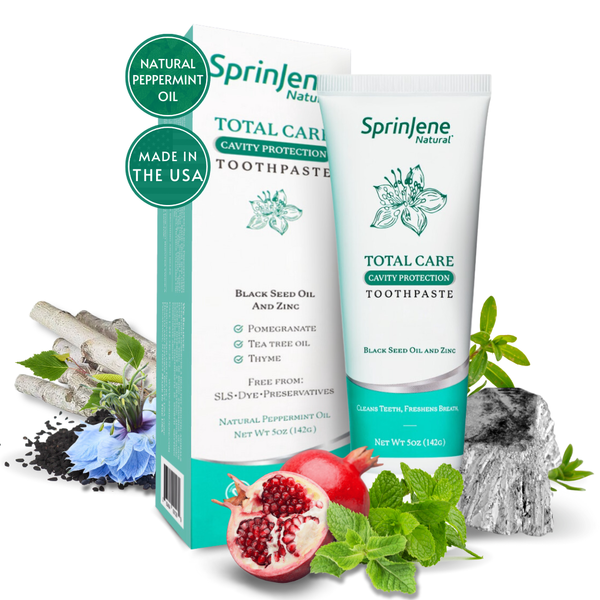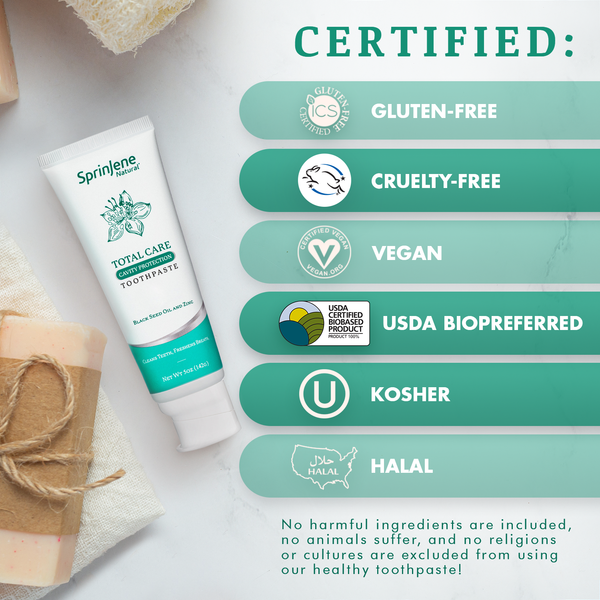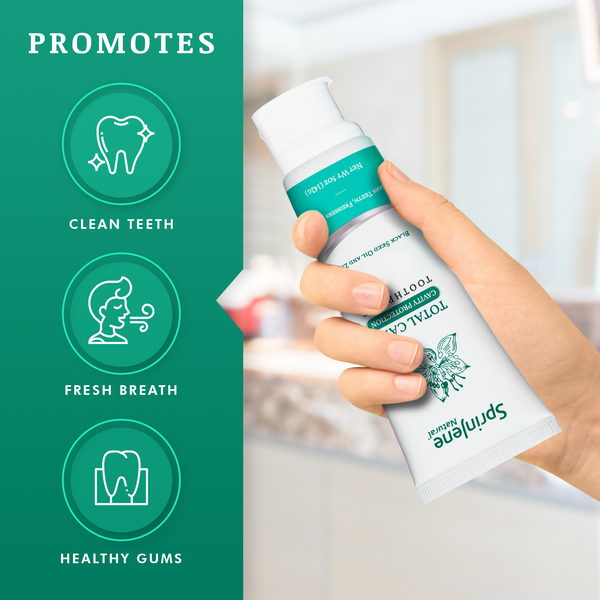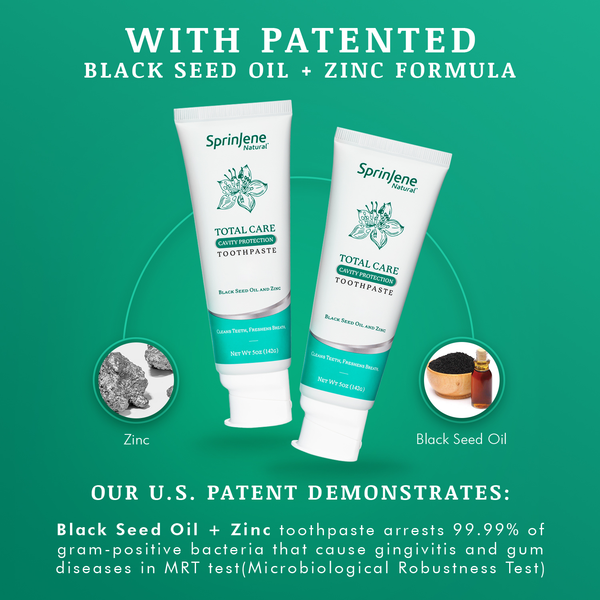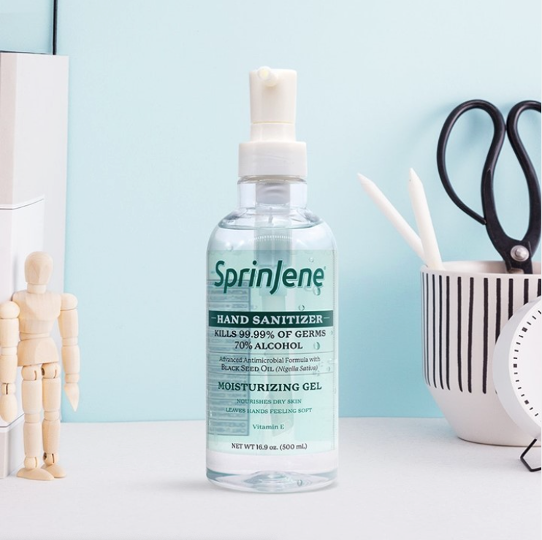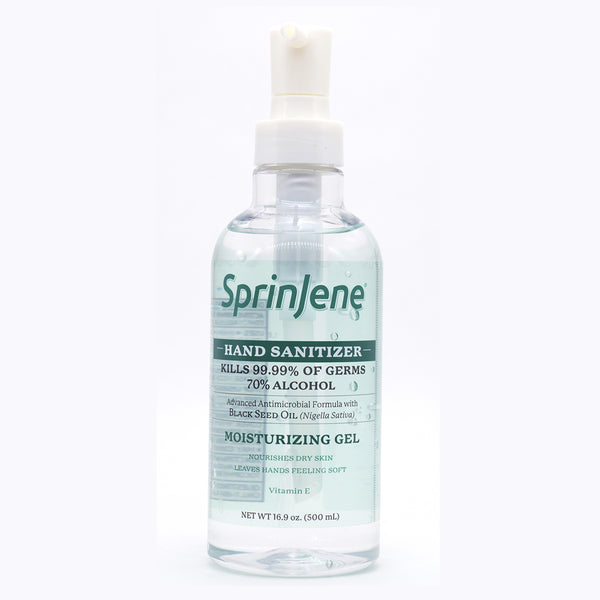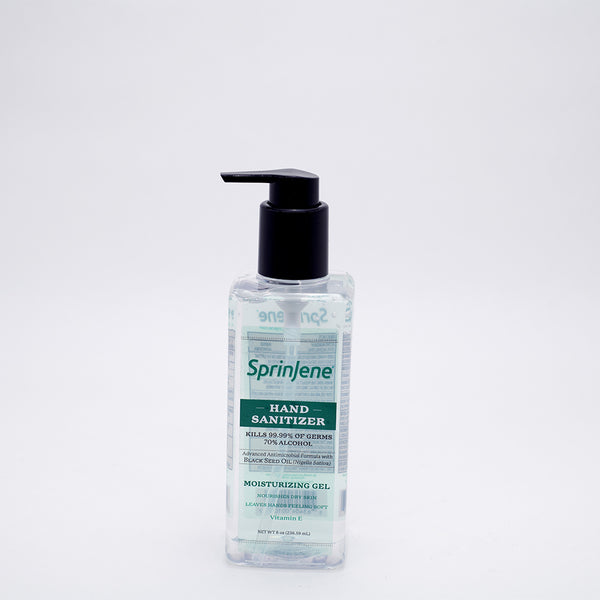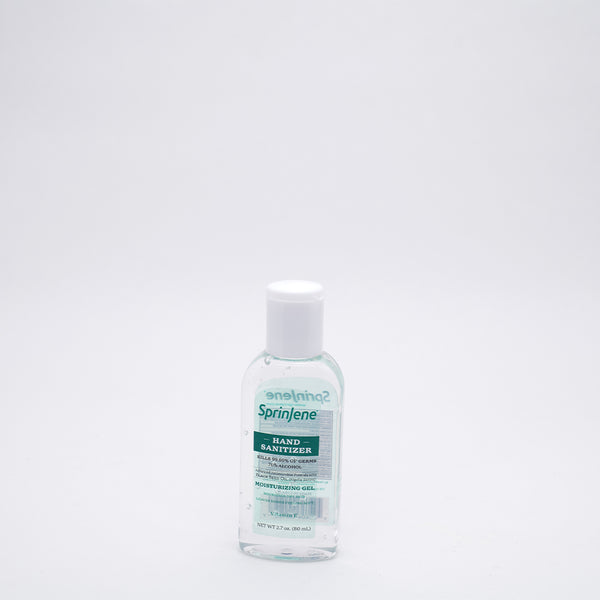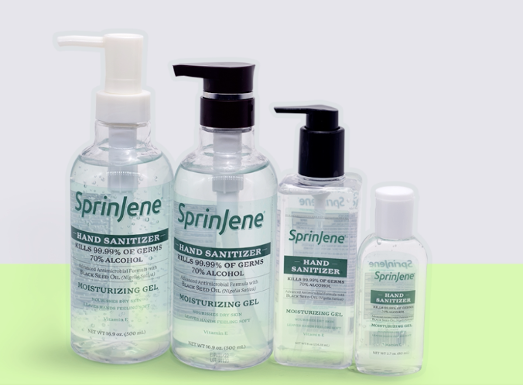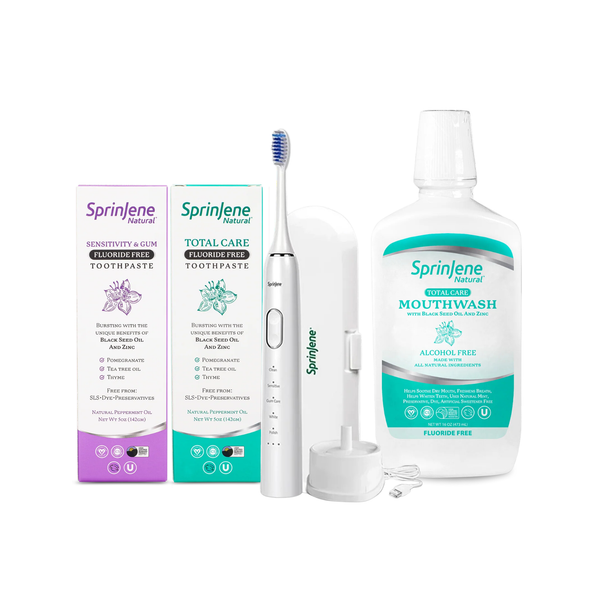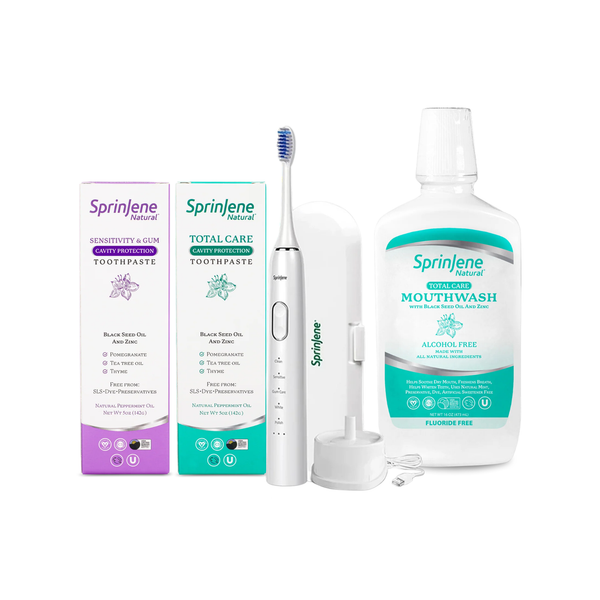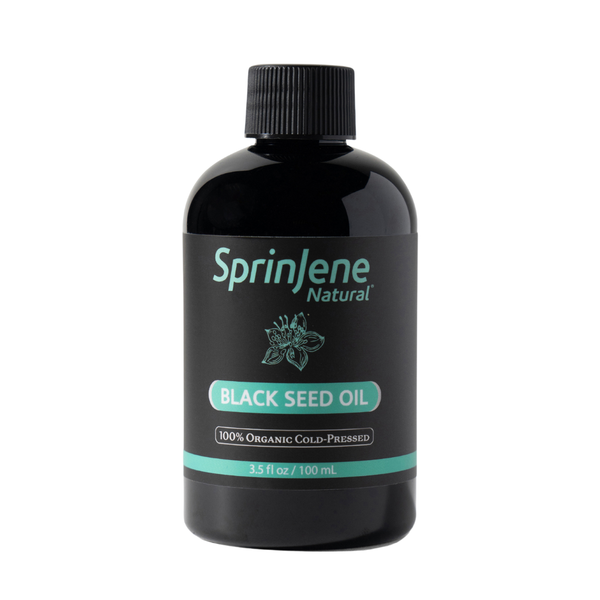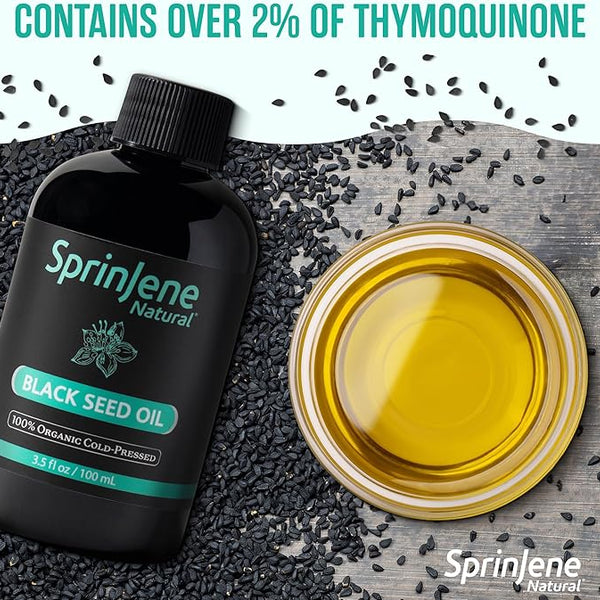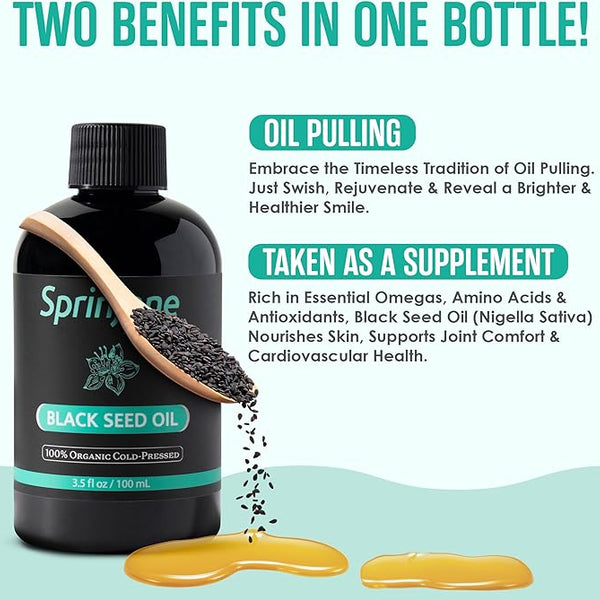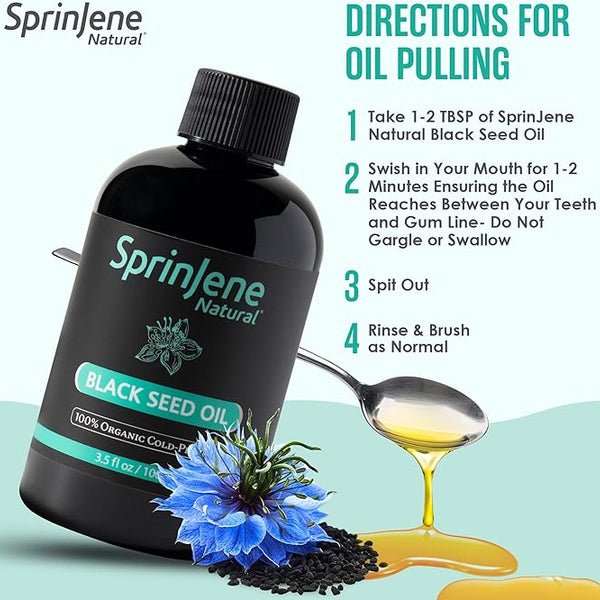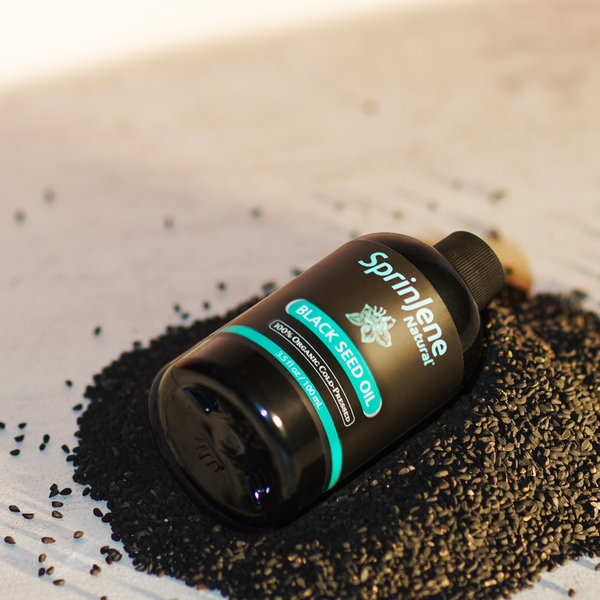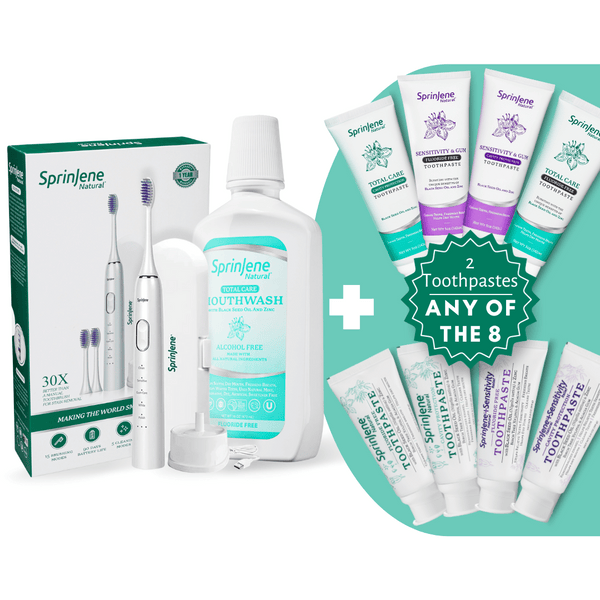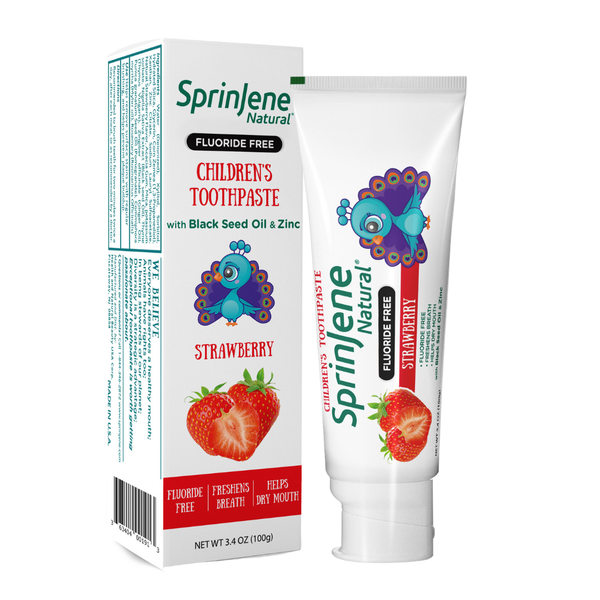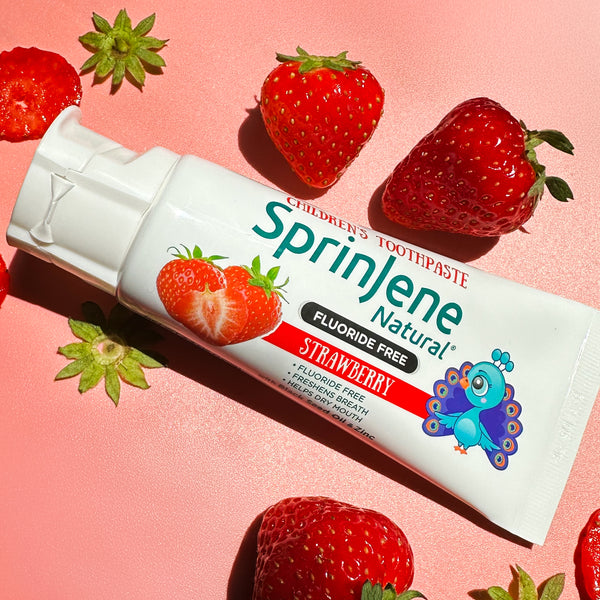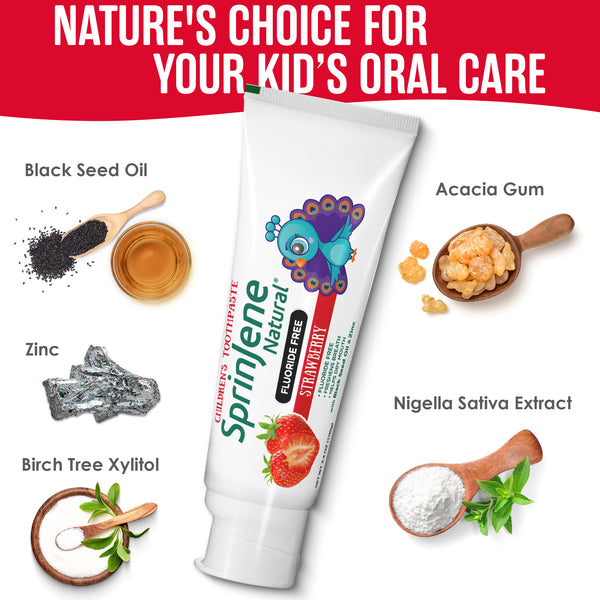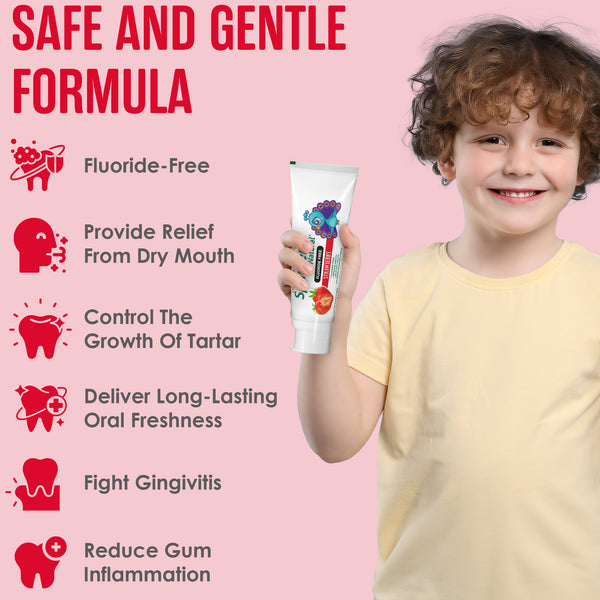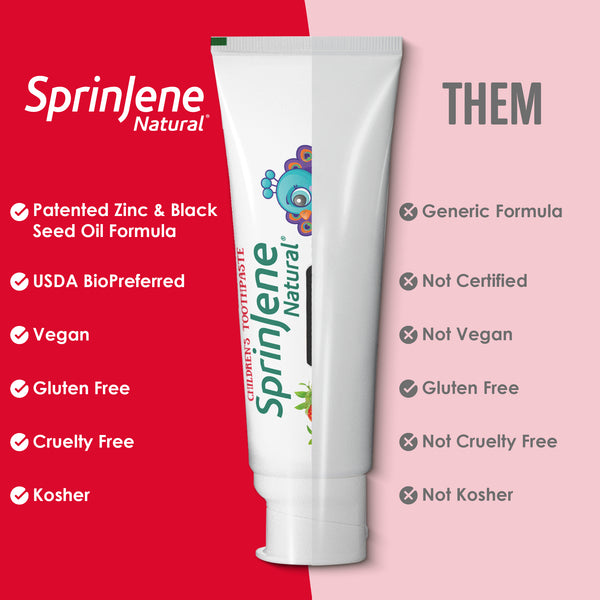
Growing up we have all learned that brushing is definitely a good thing and should be practiced twice a day every day. But is there such a thing as brushing too much? Yes! Brushing too much is not recommended and can do more damage than good!
Gene Romo, DDS, a Chicago-based dentist and consumer advisor for the American Dental Association (ADA) said “People tend to brush aggressively, thinking it’s the only way they can get their teeth to feel clean and look whiter” Dr.Romo says. “That’s counterproductive, because not only does it cause recession of your gums, but you're also wearing away the white, glossy enamel on your teeth, making them look yellow and darker.”
If you were to cross section your tooth you would see that it is made up of three layers:
- Enamel, which is the outer-most hardest layer that is visible to the eye. It is essentially a dead layer which means it has no nerve endings and cannot feel sensitivity or pain.
- Dentin, which is the second layer, this is paler yellow in color and is softer and has nerve endings. It is this layer which becomes exposed when you get a cavity and you experience pain.
- The third and inner most layer is the pulp. This is filled with blood vessels and nerve endings and is highly sensitive to pain and pressure. If your cavity has made its way into this third layer, that is when you are in trouble. This is when you need a root canal.
Using this analogy we can understand that over brushing or brushing too hard can gradually cause the enamel or the outer most layer of teeth to wear away exposing the underlying more sensitive dentine. Wearing away of tooth structure is also known as tooth abrasion, defined as the gradual loss of enamel and cementum due to mechanical actions. You are more prone to tooth abrasion if:
- You are heavy-handed or brush your teeth too hard.
- you brush more than necessary.
- Your toothbrush has hard abrasive bristles.
Aggressive movements, paired with abrasive bristles, gradually wear down the enamel. This vigorous brushing can further cause gums to wear away or cause receding gums. This will increase sensitivity and also weakens the support of the tooth structure that is held together by cementum and periodontal fibers.
Without the enamel and cementum, nothing would protect the softer layers of your teeth from bacteria, trauma, plaque build-up, acidic food, and other harmful substances. Your teeth will be extremely vulnerable to decay and tooth loss. Moreover, your teeth will become more sensitive to hot and cold food.
Over brushing can also pose a problem for patients with braces. As this can cause their orthodontic wires and brackets to become misaligned.
How to tell if you are brushing too much or too hard?
Tooth sensitivity
Wearing a way of enamel exposes underlying dentine which is sensitive. Receding gums also expose cementum covering the roots of the teeth which are also sensitive to air, hot and cold stimuli.
Frayed tooth brush
Some times you don’t even have to look in your mouth. You can just look at the condition of your tooth brush. If the bristles of a tooth brush you recently bought look frayed too soon, you know that you are doing something wrong.
Receding gums
If your smile line suddenly looks strange to you. As though too much of your teeth are showing and your gums have moved away from the teeth. That means you have gum recession.
What is the right way?
There is no way to reverse this process. You cannot grow back lost gum tissue and you cannot regrow enamel as it is a dead tissue. But there are some ways to treat it.
In very severe cases, Gingivoplasty may be performed by your Periodontist to correct the gum line if aesthetics are a concern. Other options are to get fillings done to restore the lost tooth structure and treat sensitivity.
Milder cases can be treated with a good quality tooth paste especially for sensitive teeth.
Important points to remember.
- Use a soft bristled tooth brush
- Brush in gentle circulatory movements and not aggressive sweeping movements.
- Slow down while brushing. Try to count 30 seconds in your head while brushing each quadrant. This will allow you to brush more effectively and not in a rushed manner.
Conclusion
We can conclude that it is best to stick to good old brushing twice a day as long as your brushing technique is correct. Using a hard bristled brush is not preferred as it is will not make your teeth whiter or cleaner, rather it will do more damage. Finally, along with brushing your teeth it is also important to use a good quality tooth paste. Ideally one that is natural and free from chemicals as it is healthier for the body and is environmentally friendly. Maintain a healthy diet free from added sugars, carbonated drinks and caffeine.



